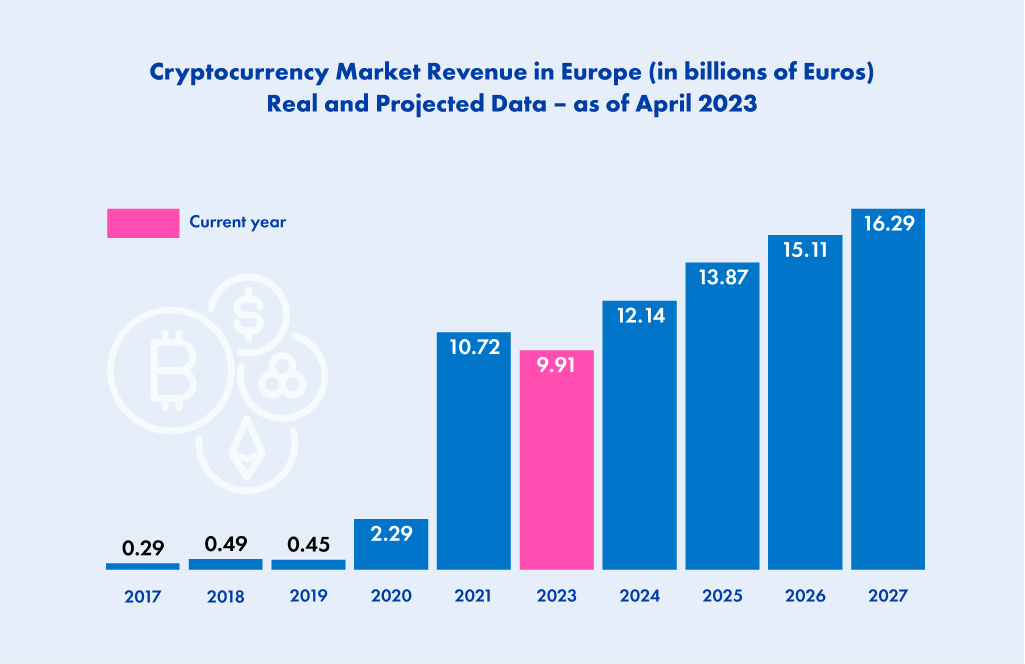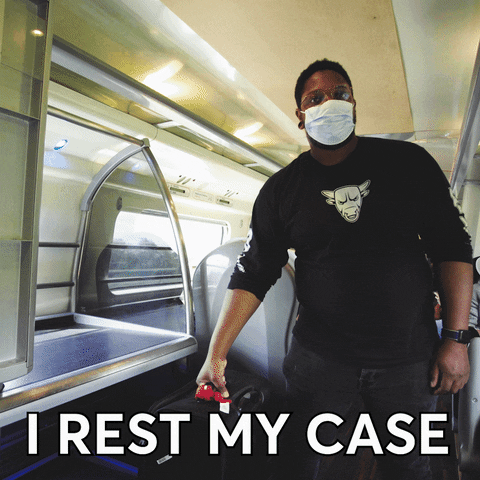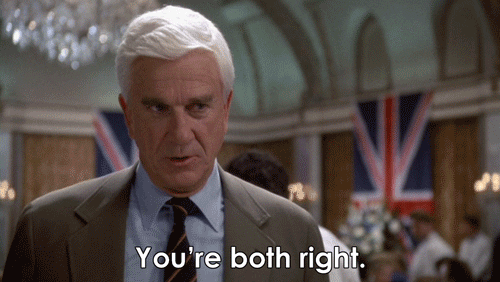Issue #125
Guten Morgen! This week, we’re lucky to have Dr. Marco Overhaus, Senior Associate at the Americas Division of the German Institute for International and Security Affairs as a guest contributor as a guest contributor. In his (Guest) House’s View, he gives his views on the emerging S-2 world order, and what the Liberal West should do to prevent it. Then, take a peek at the main articles to hear about a media CEO who you wouldn’t like to have as your neighbor, how the EU actually got their approach to digital regulation correct, and why this weekend could prove decisive for the future of the FDP. Finally, check out Anna’s WOOM to hear her take on windmills and more. Have a great weekend! Anna Szilvia All German CEOs of Publishing Companies Are Either Crazy or Have Allmachtsphantasien If you thought that FOX NEWS is the only media company where internal messages can heavily backfire, you’d be heavily wrong. It was last week, when the biggest German weekly ZEIT published an investigative research report on what was happening in Axel Springer. Just a reminder: that’s the company who bought Politico and Insider. And while you might remember that there was some buzz around sexual harassment allegedly committed by the BILD’s ex-chief editor Julian Reichelt (ultimately getting him fired after NY Times reports), we now have some fun with Springer CEO Mathias Döpfner. Since becoming CEO of Springer, Döpfner is also the personal favorite of Axel Springer’s fifth wife and heiress Friede Springer, who is a generous person: of her 44.4% of the company, she gave 21.9% to Döpfner, making him a billionaire. But now he got caught with his hands in the cookie jar. Someone close to Döpfner leaked some of his chat messages to ZEIT. Here are some highlights: Moreover, he asked BILD’s then-chief editor Reichelt short before the federal elections to push the FDP, basically because he thought that is what’s best for the country. Not forbidden, being a private company. But you can see where the media frenzy comes from. Crypto Regulation: Genius Foresight or Overcautious Luck? This week, for once being ahead in the game, the EU hit the nail on the head as the European Parliament green lighted two groundbreaking pieces of crypto-asset legislation. Specifically, the laws in question are the Markets in Crypto Act (MiCA) and the Transfer of Funds Regulation. Regarding the former, starting in 2024, crypto platforms will have to inform consumers about the risk of investing in crypto, and will be directly liable for losing investors’ crypto assets. Furthermore, the cryptocurrency market has a new sheriff in town: the European Securities and Markets Authority (ESMA). Going forward, ESMA will be able to ban or restrict platforms who do not properly protect investors or threaten the market’s stability. As for the latter piece of legislation, the EU wants to reduce the potential for money laundering by requiring firms to know who the senders and recipients of their assets are. Particularly with the ongoing FTX-lawsuit raging on in the US, you can’t help but wonder whether EU regulators knew targeted action would prevent a similar ordeal in Europe, or whether even a broken clock is right two times a day. Either way, as the rapporteurs for these key pieces of legislation rightfully stated, the EU now has a competitive advantages vis-à-vis other regions of the world. We sincerely hope this positive momentum can be carried on to other policy areas – because then the EU’s future looks a lot sunnier. Big Weekend for the FDP This weekend, Germany’s smallest governing party, the FDP, meets in Berlin for its federal convention. As you remember from past Krautshell articles, the party is in a constant crisis mode – several state elections where they either lost the government participation or even failed to make it to the state parliaments entirely. What followed was a heavy opposition within the own government with the target of sharpening their profile and appeal to their core clientele again. Recent trends and polls point a little bit upwards, so the convention might be a good time to instigate some positive developments. Key liberal topics which appeal to core voters are solid financial politics (avoiding debt, not raising taxes etc.) and more free market competition. This will be the focus politically. Furthermore, we might have some personnel discussions at the convention. Lindner is uncontested (as always) and the vice-heads of the party will likely only have one change, with Bettina Stark-Watzinger (currently Education Minister) replacing Nicola Beer (also Vice-President of the EU Parliament) who will likely change to the European Investment Bank. And we might see the FDP appointing Marie-Agnes Strack-Zimmermann (they like long names over here) as their front runner for the EU elections. Currently she chairs the defense committee in the German parliament and became popular as a confident supporter of Ukraine and a vocal spokesperson for the FDP. For her, that change might be actually risky: before, many politicians lost a great deal of visibility when they changed from national politics to EU level. The only thing hanging for a successful convention might be Berlin itself. There is once again a rail strike and in addition many expect that climate activists will try to paralyze Berlin to a large extent this weekend. They don’t particularly like the FDP anyway. Source: Statista THE (GUEST) HOUSE’S VIEW: By Dr. Marco Overhaus, Senior Associate at the Americas Division of the German Institute for International and Security Affairs An S-2 World Would be a Disaster for Transatlantic Relations At the beginning of this week foreign ministers of the G7 democracies met in the Japanese tourist town of Karuizawa. Shortly before and 7000km further to the east, another important meeting took place in Moscow: the Chinese defence minister convened with his Russian counterpart – while both were received by Russian president Vladimir Putin. As different in format and thematic focus as these meeting were: When seen in relation to each other they could be read as another manifestation of a new S-2 world that pits two systems against each other: democracies versus autocracies. Democracies versus Autocracies Of course, it would be unfair and incorrect to say that the G7 group wishes to create such a S-2 world. Yet in Karuizawa, as well as in previous meetings of this group, there were many references to defense of democracy, fundamental freedoms and human rights as a common denominator for a wide range of topics and regions –from Russia, to China, the Indo-pacific, North Africa and Afghanistan. Meanwhile, in Berlin and other EU capitals Russia’s war against Ukraine is framed not only as a security threat but as a fundamental struggle for the survival of democracy as such. On a global scale, Germany is emphasizing Wertepartnerschaften while the democratic credentials of other countries serve as a yardstick for the quality and depth of trade and investment relationships. The Biden administration has been most explicit in this regard. It has elevated the struggle of democracies against autocracies as a basic principle of its foreign policy. For their part Russia and China are happy to pick up the “democracy vs autocracy” narrative and twist it in their own weird way. Not only do they portray their autocratic systems as superior to the “weak” democratic systems and “decadent” liberal values. They also denounce the hubris and hypocrisy of the West that aims, in their view, to force its values on all countries and cultures of the world. Unfortunately, there is some resonance for this view outside the Euro-Atlantic and G7 worlds. Democracies in the “Global South” View Things Differently The creation of S-2 world would be a disaster for transatlantic relations and the political West writ large. There are several reasons for this. Firstly, it would be deeply polarizing. It is perfectly justified – and in my view the right course of action – to mobilize international support to denounce both Russia’s and China’s flagrant violation of basic principles of international conduct. To frame the conflicts with Russia and China through the “democracy vs autocracy” prism, however, risks alienating many countries in the so-called “Global South” that see themselves as democratic but do not share the foreign policy outlook of Washington, Brussels or Berlin. Secondly, a S-2 world could also fracture the West itself. Again, take Russia and China. Japan and other Asian democracies such as South Korea mainly focus on China while they only have a limited interest in Ukraine. Seoul was hard pressed by Washington to deliver artillery shells to Ukraine. Europe – to the limited extent that it manages to speak with one voice – is not enthusiastic to follow Washington’s lead in containing Beijing economically and politically. In the United States it is an open call how the next US president will see Ukraine and any other international problem that is not China. The Guest’s House View: Avoid Moral Overstretch Thirdly and finally, a S-2 world would inevitably lead to moral overstretch. Some Western countries face serious challenges to their democratic rules at home, not least the United States. Hence there is a credibility problem when asking others to follow democratic procedures and values. Moreover, democracies will depend on cooperation with non-democratic countries in many ways. The EU won’t be able to secure supply chains and raw materials on a “democracies only” basis. Germany has been remarkably successful at diversifying its energy imports away from Russia. Unfortunately, this success has also created new dependencies on other countries that do not have a perfect democratic and human rights record, to say the least. Democratic principles are the bedrock of the West and of the transatlantic relationship. Germany, the United States and other democracies face the constant challenge to protect their pluralistic societies from internal and external threats. They should also promote democracy in other parts of the world whenever and wherever possible. However, the defence of democracy against autocracy should not become the defining paradigm for how the United States, Europe and the rest of the West relate to the world. MILLS AND MORE If you read Szilvias WOOM last week, you are already well aware of Germany’s solo effort regarding the shutdown of nuclear power plants. If you haven’t, please do, as I won’t repeat all the absurdities in that decision at this point in time. Just this: But it is what it is, so looking ahead: Let’s get into the renewables. We have mainly two options, and two problems here. Number one: Windmills. To get where we need to be we would need to put into operation, on average, 5 new wind mills A DAY. In Germany. Where each single windmill is accompanied by protests from neighbors not wanting them destroying their view, and environmentalists not wanting them to disturb birds, and bureaucratic processes allowing years to pass before issuing a permit, let alone building that thing. I rest my case. Number two: Solar panels. The Minister of Economy and Energy, Robert Habeck, plans to double energy supply from solar until 2030. I won’t get into the obvious difficulties of supply for the enormous number of panels needed but will mention this: Half of the panels are supposed to be added on rooftops and buildings, and up to 50% in the open, outside of cities, fields and the like; those big solar parks are needed to produce enough energy, as opposed to the fragmented pieces on our roofs. However, our Minister for Agriculture, Cem Özdemir, does not agree at all, and is very worried about the ongoing rededication of agricultural land and building development destroying nature. So far, we have mostly seen discordance between the coalition parties. This time, it’s within the Greens’ party, and it will be interesting to watch how this plays out, both kind of having a point. I am an optimist – but I have trouble seeing how those plans, which might add up on paper, have the slightest chance of becoming reality and what will be achieved won’t be enough to compensate the loss of our nuclear energy potential. So here comes the third option: relinquish electricity. But that one probably won’t fly with the voters. Issue #125


FIRST, SOME SOLID INTEL:
TAKE A BREAK, GIVE YOUR EYES A REST.


LONG STORY SHORT:
WHAT’S ON OUR MINDS:





